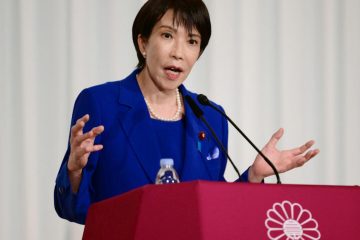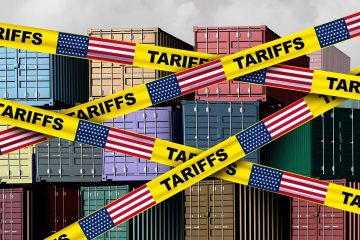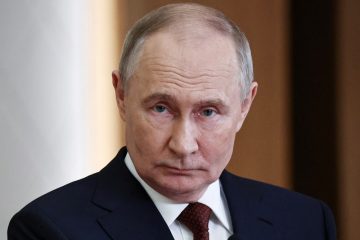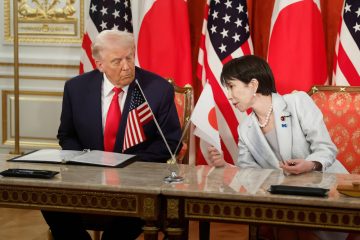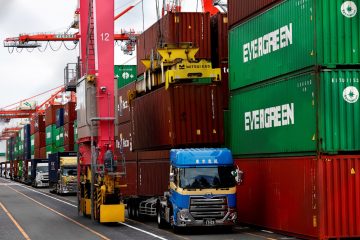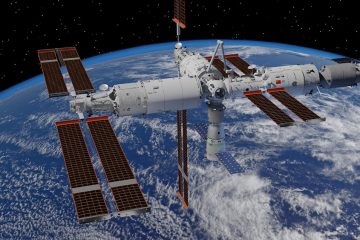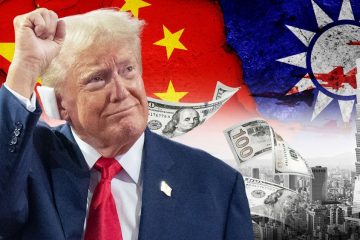Brazil promises retaliatory tariffs if Trump implements 50% import taxes.
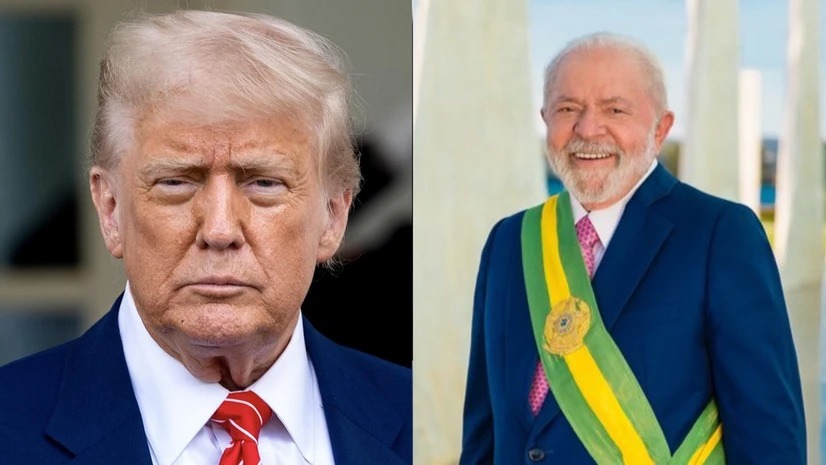
Brazilian President Luiz Inácio Lula da Silva instructed his diplomats on Thursday to return Trump’s letter if it physically reaches the presidential palace in Brasilia. Lula stated he will activate Brazil’s reciprocity law, which was approved by Congress earlier this year, if negotiations with the US do not succeed.
He stated Thursday that he will implement retaliatory tariffs on the United States if President Donald Trump proceeds with a promise to increase import taxes by 50 percent amid the South American country’s criminal trial against his predecessor, Jair Bolsonaro. “If there’s no negotiation, the reciprocity law will be enacted.” “If he charges 50 (per cent tariffs) from us, we will charge 50 from them,” Lula told TV Record in excerpts of an interview that will be fully aired later in the day. Respect is valuable. “I like to offer mine and I like to receive it.” Lula’s remarks heighten the possibility of a tariff war between the two nations, akin to the situation between the US and China. Trump has pledged a strong response if countries attempt to retaliate against the US by imposing their own tariffs.
The tariffs letter that Trump sent to Brazil and posted on social media Wednesday, criticizing the witch hunt trial against Bolsonaro, has opened a new front in his trade wars. The US leader is directly using import taxes to interfere with another nation’s domestic politics. Trump has attempted to use tariffs to ostensibly address fentanyl trafficking and as a bargaining chip to alter how other countries tax digital services and manage their economies.
In Brazil, Trump is attempting to influence the outcome of Bolsonaro’s criminal trial, an ally who, like Trump, faces charges related to efforts to overturn a presidential election. Bolsonaro asserts that he is facing political persecution from Brazil’s Supreme Court regarding the allegations of a scheme to retain power following his 2022 election defeat to Lula. “There’s nothing Lula or Brazil can do about Bolsonaro’s trial,” said Carlos Melo, a political science professor at Insper University in Sao Paulo. Any alteration to that would signify Brazil’s capitulation. Bolsonaro’s situation here remains unchanged. “How do you negotiate over that?”
Lula instructed his diplomats on Thursday to reject Trump’s letter if it physically reaches the presidential palace in Brasilia. The document criticizes the country’s judiciary and cites recent rulings on social media companies as factors contributing to increased tariffs on goods from the South American nation starting Aug. 1. Trump has enacted his tariffs under the 1977 International Emergency Economic Powers Act, stating in April that the ongoing deficit between US exports and imports constitutes a national crisis. However, the US maintains a trade surplus with Brazil, which challenges some of the underlying reasoning.
Members of the Lula administration assert that Trump’s action targets Brazil’s ties with other Southern economies, as evidenced by the summit of Brics nations held in Rio de Janeiro on Sunday. Brazil’s president reiterated the aspiration for an alternative currency to the dollar for transactions, a subject that often provokes Trump’s criticism. “Trump was never worried about democracy anywhere, much less with Bolsonaro’s destiny,” said Gleisi Hoffmann, Brazil’s institutional relations minister. “He fears the strengthening of commercial and financial relations within the global south, which Brazil is actively contributing to in the Brics bloc and other forums. We will not be held hostage by Trump.”
Trump’s interference in Brazilian affairs has fostered a sense of unity that was largely missing in the politically divided nation. Allies of Bolsonaro asserted that Lula had provoked the US president’s ire through various decisions, notably his criticism of Israel’s actions in Gaza. However, other supporters of the former president opted to advocate for caution in negotiations. Daily O Estado de S. Paulo, known for its criticism of Lula and his administration, stated in an editorial on Thursday that Trump’s action against the Brazilian government is a mafia thing. The newspaper noted that Lula’s reaction was appropriate, marking a rare occurrence. The editorial stated that Trump interferes in a degrading manner in Brazil’s affairs. Trump’s disregard for the liturgy and rituals governing state relations is well-documented, but even by his own standards, the letter sent to the Brazilian government crossed every boundary.
Despite Trump’s tough talk, it has not consistently yielded the political results he seeks internationally. Canadians have elected Mark Carney as prime minister, with his Liberal Party revitalized by Trump’s tariffs and threats to make Canada the 51st US state. Analysts view Trump’s attempt to interfere in the country’s domestic affairs as a potential setback for Bolsonaro during his trial and a boost for Lula, whose reelection bid was encountering unpopularity challenges this year. “The reaction of a lot of people is that this is a political gift to Lula,” said Andre Pagliarini, a professor of history and international studies at Louisiana State University who is also affiliated with the Quincy Institute for Responsible Statecraft.
Thomas Traumann, an independent political consultant and former Brazilian minister, described Trump’s move as a “game changer” for next year’s election. “Trump put Lula back in the game,” Traumann said. This provides Lula with a narrative, positioning Bolsonaro as responsible for any economic issues.
The US Court of International Trade determined in May that Trump overstepped his authority by declaring an emergency to impose tariffs without congressional approval. The Trump administration is appealing the decision; however, opponents intend to leverage his Brazil letter to strengthen their argument. The Republican administration contends that their tariffs are now relatively harmless for the US economy, as inflation has trended down in recent months. Many companies stockpiled imports to circumvent the import taxes, leaving uncertainty about the consequences as their inventories deplete and consumers weigh the risk of rising prices. Most external economic analyses anticipate a decline in growth.
Trump’s interest in Bolsonaro’s trial is anticipated to influence the proceedings in Brazil. Lawmakers and judges are concerned that the former president may attempt to flee Brazil for the US if convicted, according to media reports. “We can’t rule out that Trump will give him some sort of exile later and is hiking tariffs to prepare his excuse,” said Melo, the professor in Sao Paulo. Brazil’s Supreme Court seized Bolsonaro’s passport due to concerns that he poses a flight risk.
Lawmaker Eduardo Bolsonaro, the son of the former president, relocated to the US in March. On Wednesday night, he urged his supporters on X to express their gratitude to President Donald Trump.In Thursday’s interview, Lula stated that the elder Bolsonaro should take responsibility for agreeing with Trump’s taxation policy towards Brazil. “His son went there to influence Trump’s decision, then he (Trump) writes a letter addressing a case currently before the Supreme Court. A case that is not a political trial. What is under investigation is the evidence of the case,” Lula said.

